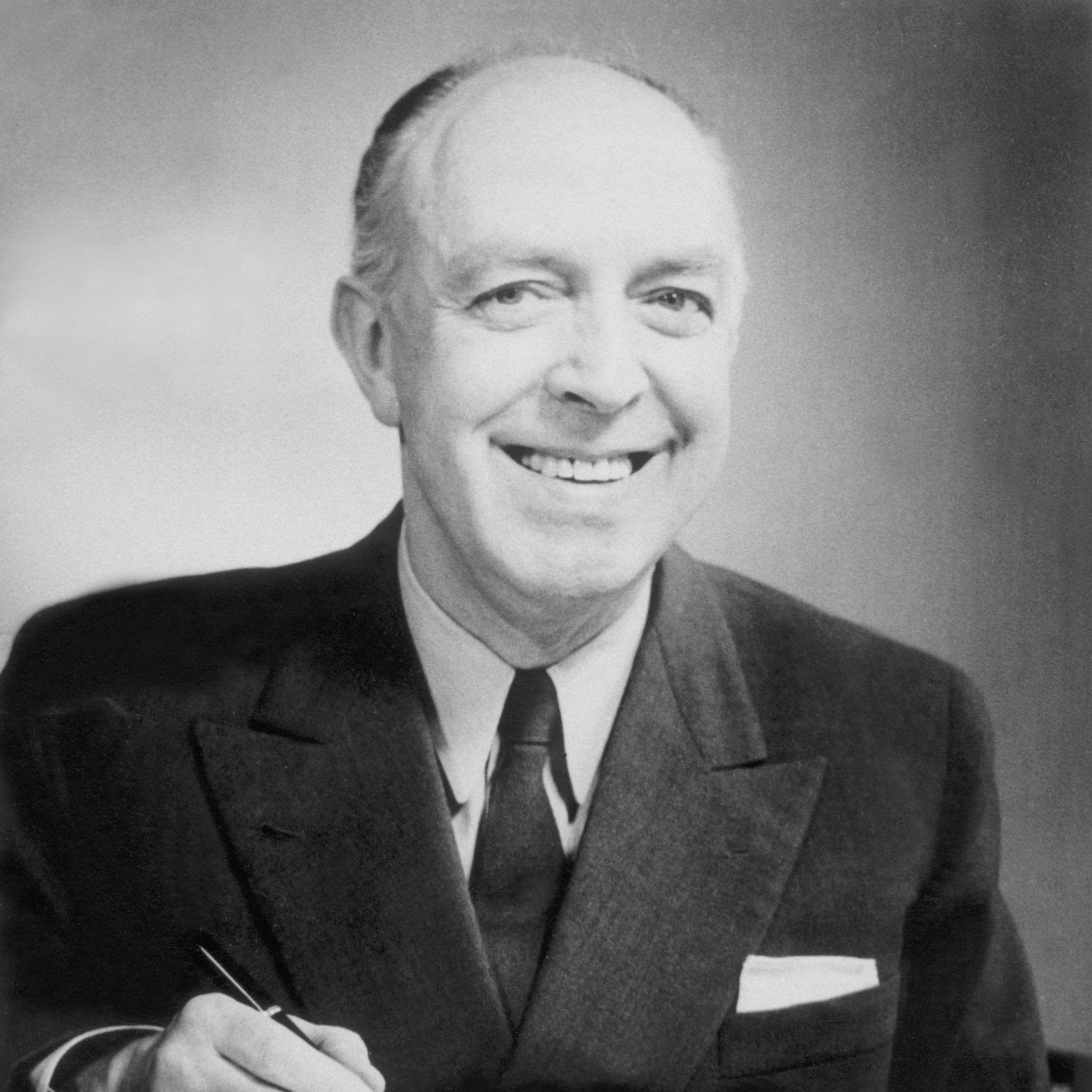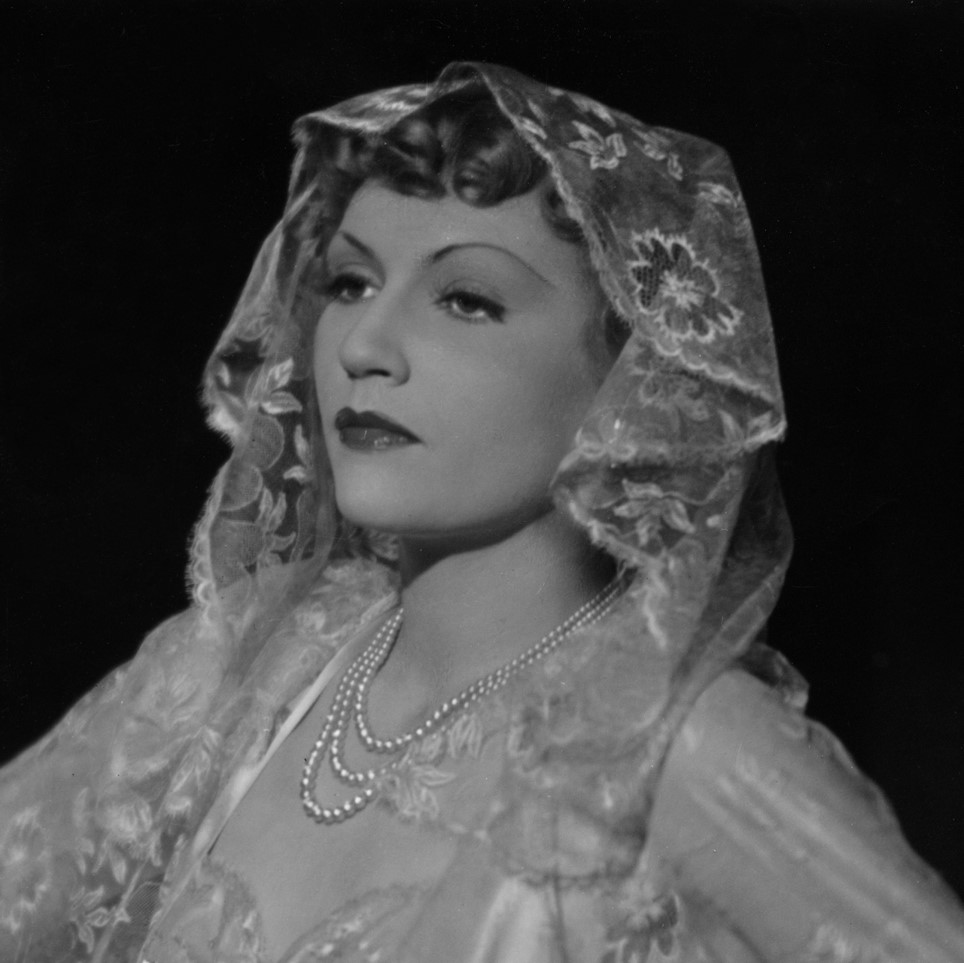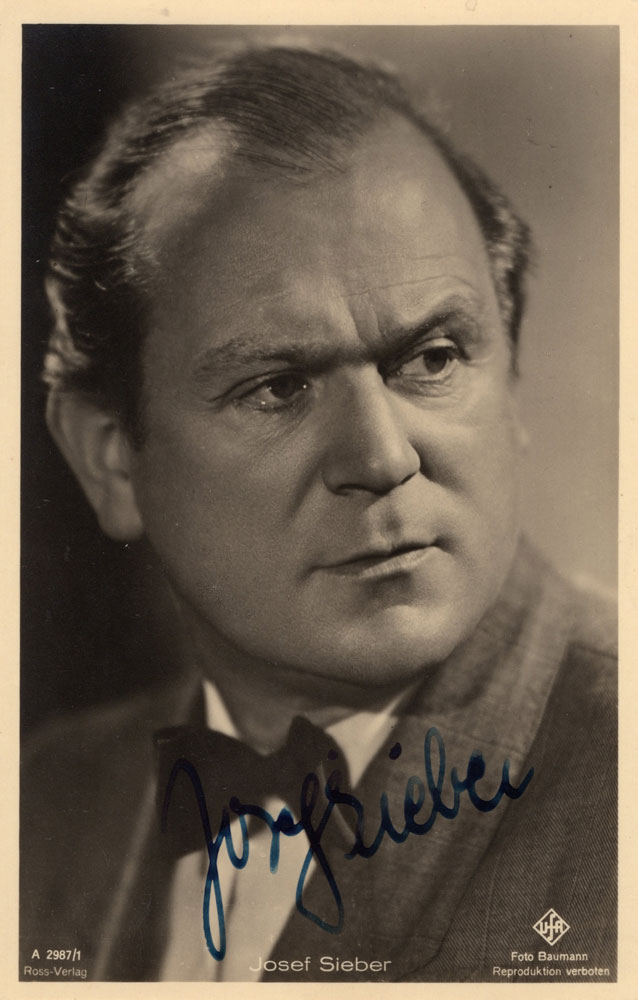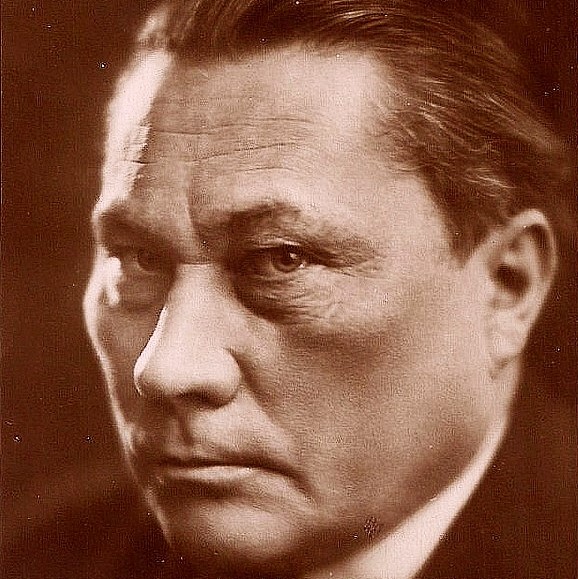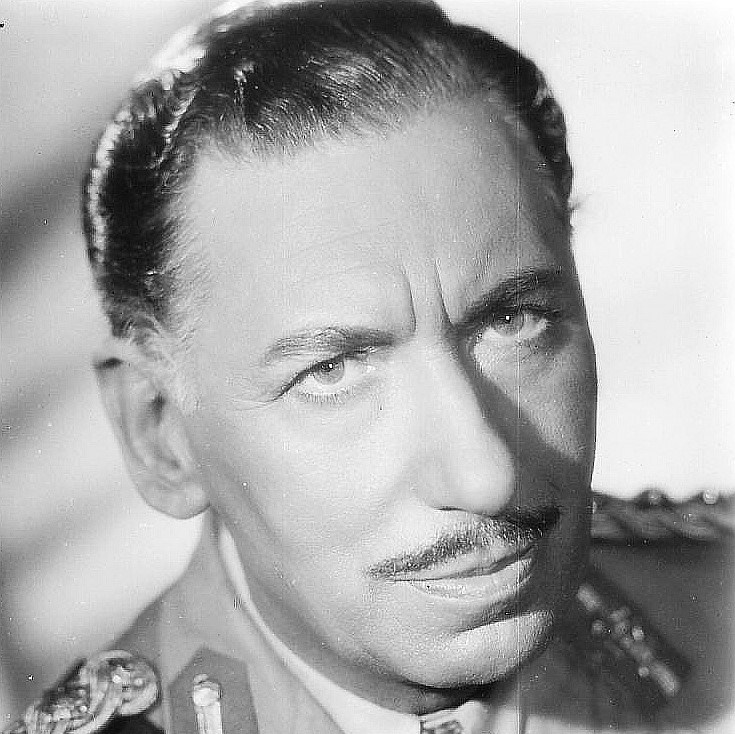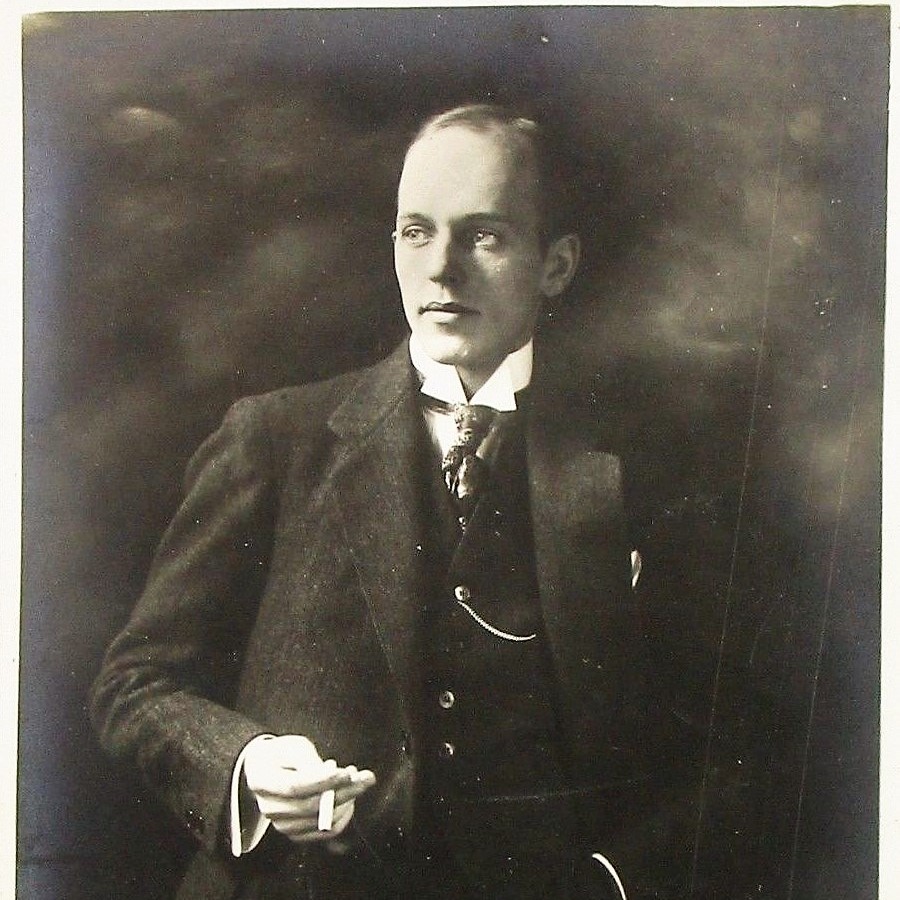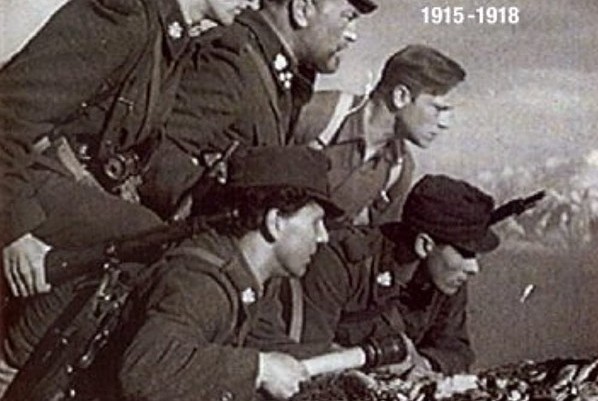

1942
Diesel
Nowadays one takes the diesel engine and diesel fuel for granted. This is the story of Rudolf Diesel (1858-1913), the German inventor who created an internal-combustion engine that conquered maximal thermal efficiency, but whose obsession almost killed him before it brought him to triumph. Ufa’s Diesel, based on Eugen Diesel’s biography of his father, was directed by Gerhard Lamprecht, who made some of the finest German films of the 1920s. Rudolf Diesel (Willy Birgel) grows up in Augsburg, where he dreams of becoming an engineer. He builds an ammonia steam engine, but it fails to produce the power he seeks. Diesel knows that if he is successful, the engine he envisions will revolutionize the world. Several patents later, and now financed by industrialist Heinrich von Buz (Paul Wegener), who builds steam engines, Diesel is allowed to test his ideas. Von Buz enlists the additional support of the Krupp conglomerate in Essen, and finally, in 1897, breakthrough. Diesel atomizes the fuel, and in an exhilarating scene, the engine is turned on. Yes, this juggernaut works, and it is almost three times as powerful as a steam engine! The picture ends on a jubilant note of victory, with an impressive montage sequence of tractors, trucks, airplanes, ships, and submarines, all powered by Rudolf Diesel’s engines. One celebrates those who change the world. Diesel was given a lavish premiere on November 13, 1942 in Augsburg, where it all began. Willy Birgel, Paul Wegener, and Gerhard Lamprecht later toured the famous MAN machine-works plant, which by then had become the largest manufacturer of diesel engines for U-boats during the war.
Additional materials
Historical Background Slide Show
Admin comments
The Swiss film consultant found: “We unhesitatingly place the new German inventor biography at the top of the cinematic life pictures. While it lacks the ostentation of the Schlueter strip, it definitely comes across as warmer and more immediate. It lacks the high-contrast light and shadow effect of the Rembrandt film, but it is precisely because of its sympathetic restraint and unobtrusiveness that it is deeper and more genuine. (…) Dignified performance art – especially by Willy Birgel in the leading role, Hilde Weißner as his wife and Paul Wegener as the machine factory owner Buz – impeccable camera work, well-coordinated, tonal accompaniment and sensitive direction allowed a film to emerge that was extremely human- warm tones, unobtrusive but haunting, brings us closer to this destiny.”
Cast & Crew
User Reviews
There are no reviews yet. Be the first one to write one.
